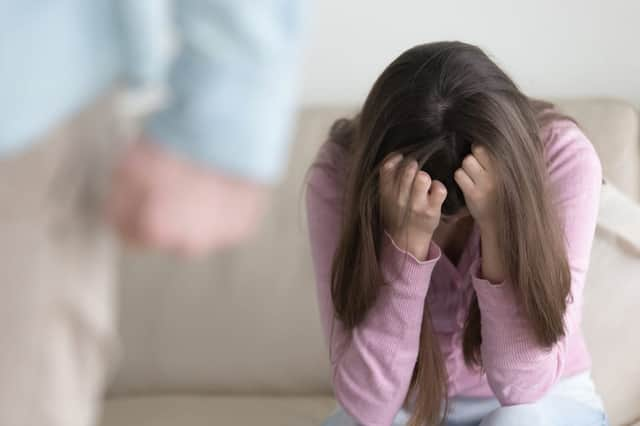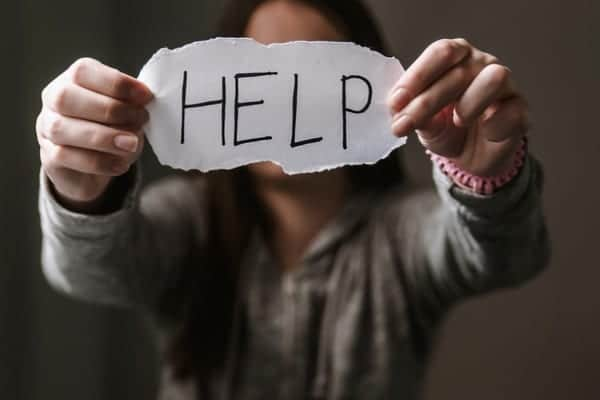This is what to do if you or someone you know is being affected by domestic abuse


Domestic violence is a growing problem in the UK, with the number of deaths from abusive relationships reaching the highest level in five years, according to new police data.
More than 170 people were killed in domestic-violence related homicides last year – an increase of 32 deaths from 2017, the BBC reports.
Advertisement
Hide AdAdvertisement
Hide AdData obtained by the BBC from 43 police forces across the UK found that while both men and women are killed by domestic violence, around 75 per cent are female victims. Suspects are predominantly male.


What constitutes domestic abuse?
Domestic abuse can occur in a variety of different forms, but is always about having power and control over a person.
Women’s Aid defines is as “an incident or pattern of incidents of controlling, coercive, threatening, degrading and violent behaviour, including sexual violence, in the majority of cases by a partner or ex-partner, but also by a family member of carer”.
Domestic abuse can include, but is not limited to, the following behaviours:
Advertisement
Hide AdAdvertisement
Hide Ad

Coercive control – a pattern of intimidation, degradation, isolation and control, with the use or threat of physical or sexual violencePsychological and/or emotional abusePhysical or sexual abuseFinancial or economic abuseHarassment and stalkingOnline or digital abuse
Domestic abuse is about having power and control and can occur in a variety of forms (Photo: Shutterstock)
How to spot domestic abuse
Arguments and disagreements are common in both romantic relationships and with family or friends, but if this becomes a consistent occurrence it could be an indication of domestic violence and abuse.
Women’s Aid lists a set of questions designed to help people recognise if they are in an abusive relationship, including whether you have ever changed your behaviour because you are afraid of what your partner might do to you.
Advertisement
Hide AdAdvertisement
Hide AdThe questions can be answered anonymously online and if you answered ‘yes’ to one or more, you could be a victim of domestic abuse.
There are a number of organisations across the UK who can provide help and support to victims of domestic violence and abuse (Photo: Shutterstock)
How to get help
If you know someone who is experiencing domestic violence and abuse, there are some steps you can take to assist them and provide support.
Gov.uk advises supporting them as a friend and encouraging them to express their feelings, and allowing them to make their own decisions – including whether or not to leave the relationship.